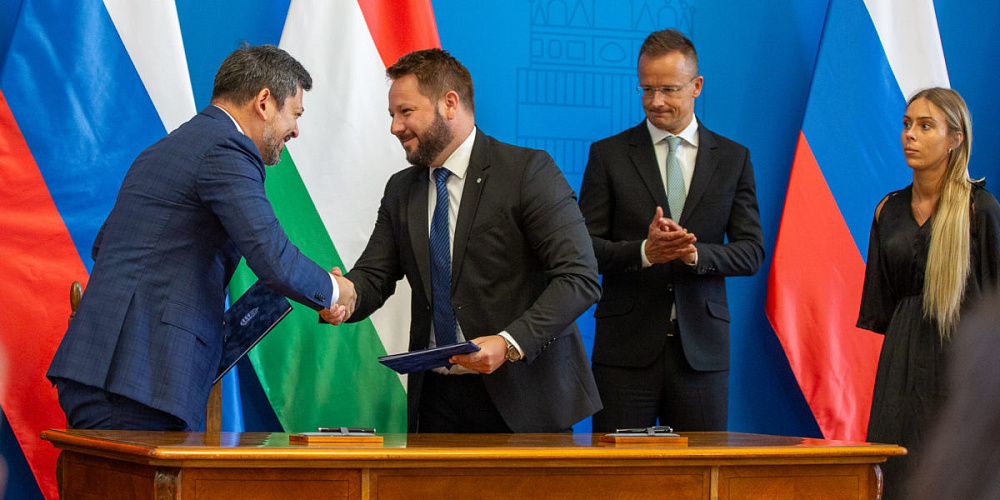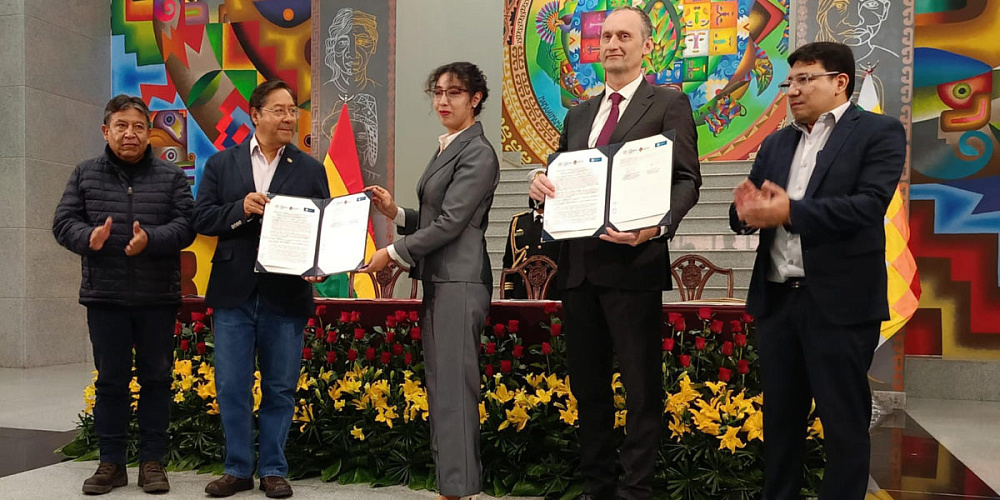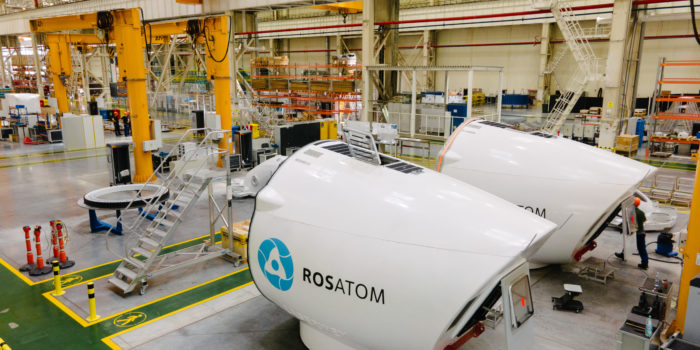On 20 of June 2025, in Moscow, Rosatom’s company that
runs irradiation projects and the Atomic Energy Agency of the Cabinet of
Ministers of the Republic of Uzbekistan signed a Memorandum on Cooperation.
Azim Akhmedkhadzhayev, Director of Uzatom, and Artur Kolontayev, Director
General of Rosatom’s company that runs irradiation projects, signed the
document.
The Memorandum envisages long-term and mutually beneficial collaboration to establish multipurpose ionization facilities in the Republic of Uzbekistan.
“We see a significant potential for the ionization market in Uzbekistan and are ready to cooperate with our partner Uzatom to promote the widespread adoption of radiation technologies to ensure food security and public health, and to further develop the export potential of the Republic of Uzbekistan,” said Artur Kolontayev.
“The Memorandum with Rosatom demonstrates Uzbekistan's dedication to embracing cutting-edge technologies in crucial sectors of its economy. The establishment of multipurpose ionization facilities is an important step towards modernizing the medical and agricultural sectors, ensuring high-quality sterilization, extending product shelf life, and strengthening food security. Uzbekistan is actively pursuing new horizons, and this partnership will not only improve the quality of domestic products but also significantly boost export opportunities, fostering sustainable national development,” pointed out Azim Akhmedkhadzhayev, Director of Uzatom.
Multipurpose irradiation facilities include a complex of buildings, technological systems, and equipment intended for the ionization of
medical, food, and agricultural products. Ionization makes it possible to swiftly and efficiently
sterilize medical items, while being
the sole way to ensure the sterility
level of 10⁻⁶. Irradiation also prolongs
the shelf life of food products,
disinfests and disinfects them, effectively
eliminates harmful microorganisms while remaining safe for humans. The
safety of ionization has been validated
by the United Nations Food and
Agriculture Organization, the International Atomic Energy Agency, and the World
Health Organization.
Russia is actively developing its scientific and technological cooperation with all interested nations. Underway are large-scale international projects. Rosatom and its companies are actively involved in these efforts.





